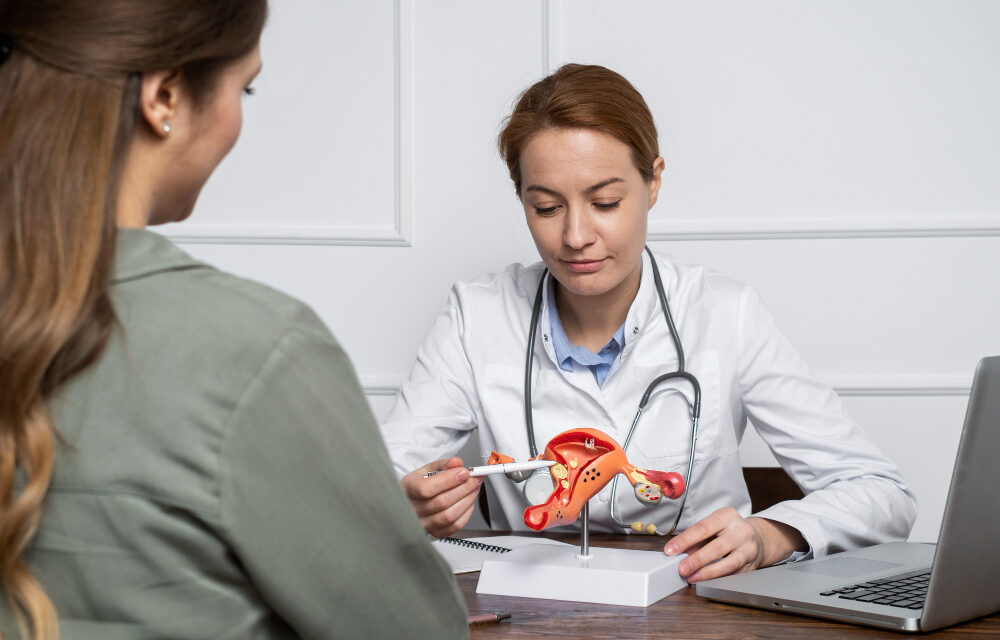The early diagnosis and avoidance of some medical treatments are crucial to protect your general health. One such procedure is the Colonoscopy in Gatineau. The screening process helps to detect and prevent colorectal diseases.
You can also test gastroscopie (gastroscopy) to inspect the inside of your upper digestive system. Become fit from every side by checking everything you need and live a healthy life.
Delve into what a colonoscopy is, its importance, and the procedure through this article.
What is Colonoscopy?
It is a procedure in which a healthcare provider places a colonoscope into the colon through the cecum. The colonoscope is inserted through the rectum to get to the colon.
It contains a digital camera and a light attached to the end to check any abnormalities inside. This is a direct visualization test. It captures real-time images that help doctors recognize abnormalities like:
- Polyps
- Ulcers
- Inflammation signs
Importance of Colonoscopy
The reasons may seem small compared to the big feeling of anxiety you may experience when you are due for one. Let us know the importance now.
1. Early detection
Colonoscopy in Gatineau detects colorectal conditions early. Colorectal cancer often starts as small and benign growths named polyps. This test helps detect and remove the polyps.
It reduces the risk of these cells developing cancer.
2. Prevention of colorectal cancer
Colonoscopies can help detect and remove the precancerous polyps before they become fatal. It can save lives before the disease leads to a serious condition.
3. Diagnosis and monitoring
Colonoscopy in Gatineau diagnoses conditions like:
- Inflammatory bowel disease (IBD)
- Ulcerative colitis
- Crohn’s disease.
It is also a valuable tool to monitor and assess the progression of these conditions.
4. Evaluation of symptoms
A colonoscopy in Gatineau can help doctors recognize the cause of symptoms like
- Persistent abdominal pain
- Changes in bowel habits
- Rectal bleeding
- Unexplained weight loss.
5. Look for more polyps
Your doctor may recommend a follow-up colonoscopy test to look for polyps and remove them if you had before. Doctors recommend this test to become sure about the disease and cure the risk of colon cancer.
6. Treat an issue
A colonoscopy in Gatineau is done for treatments like placing a stent or removing an object in your colon.
Procedure of Colonoscopy
You need to prepare for the test first. One thing you can rest assured about is that the procedure is similar to a gastroscopie.
The healthcare provider will instruct you in detail about what to follow in the days leading up to your appointment. They will make sure your large intestine is clean and clear for the test.
So what can you do in preparation?
- Consume low fiber diet for 2-3 days to reduce waste in your body
- Have a liquid diet on the appointment day to make the test run smoothly
- Bring someone with you on the D day to drive you back home safely.
A nurse will place an IV line into your arm and start giving sedatives and pain medication to your bloodstream.
You can have general anesthesia or a conscious sedation. You can discuss the options with the doctor in advance to know what to expect during the process. They will help you select the right type for your body.
Now the procedure starts with the following steps:
- Your provider will insert the colonoscope through the anus and advance it through your colon to the end and meet the small intestine.
- The catheter pumps air into your colon to raise it. The camera transfers the inside video of your colon to a monitor.
- Your provider will watch the monitor for any abnormalities. When they reach the end of your colon, they will bring the colonoscope back out the same way. They will watch it for the second time after that.
You will not feel pain inside your colon. You can feel a gas pain or pressure when the colonoscope moves into your colon.
It is because the colonoscope blows carbon dioxide gas into your colon to increase it for a better view.
You can lie comfortably on the hospital bed in a fetal position. It takes about 15 minutes to advance the test and another 15 minutes to bring it back the way it came. The doctor examines the large intestine twice in this way.
After the procedure, you will spend the first hour recovering from it. Your healthcare team will continue to monitor your vital signs and watch out for any complicating signs.
There are some complications you may face while doing the test. It includes:
- Injury to your colon wall like a tear
- Uncontrolled bleeding from tissue removal
- Infection requiring antibiotics
- Abnormal reactions to anesthesia.
Final words
Opt for a colonoscopy in Gatineau if you think you have some symptoms. It is a crucial tool in medical diagnostics and prevention. Consult with a healthcare professional without hesitation and check your colorectal health for proper treatment.
Don’t forget to test gastroscopie (gastroscopy) also!
Visit our home-page for more information





